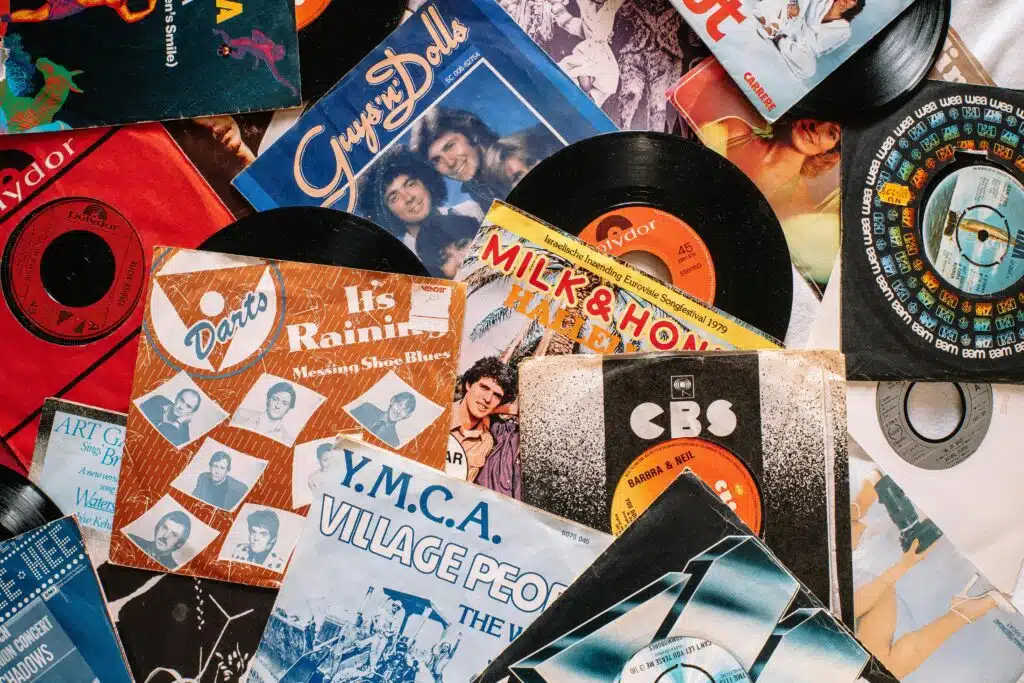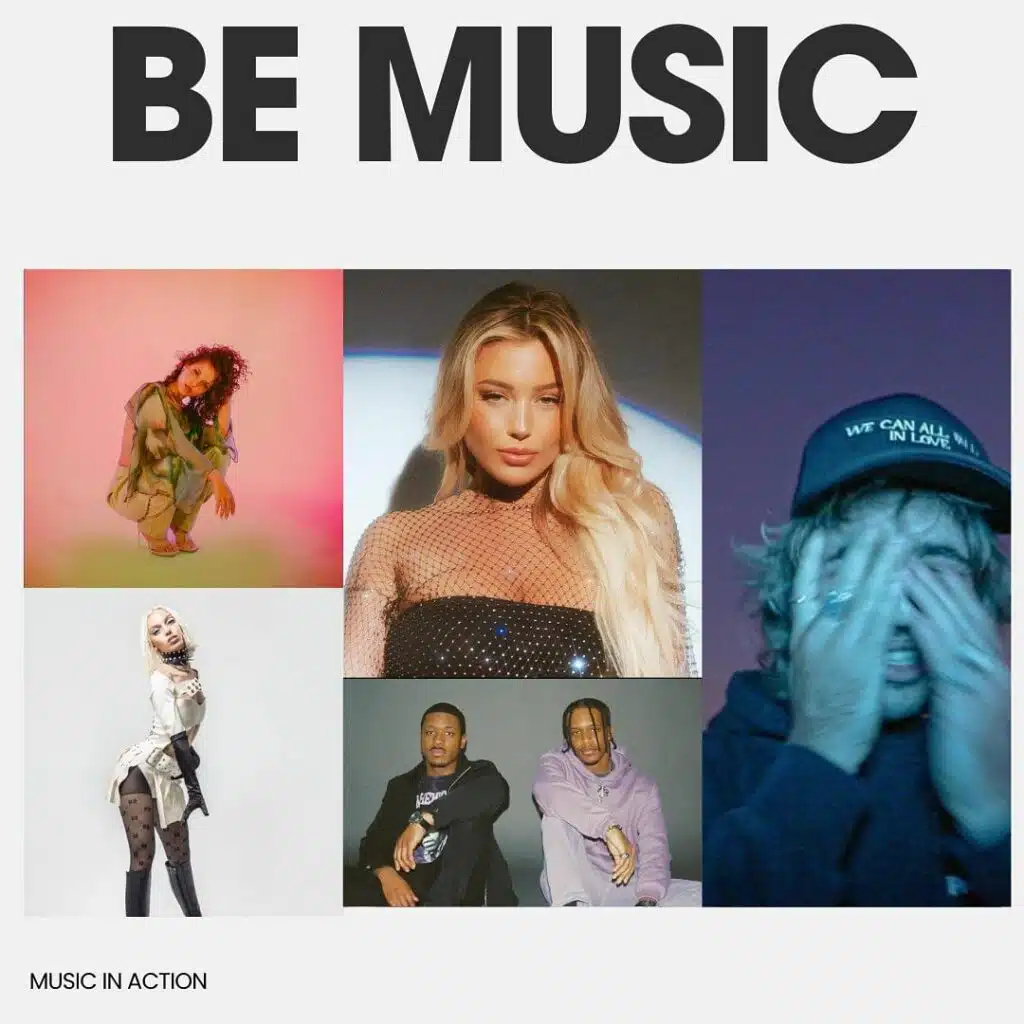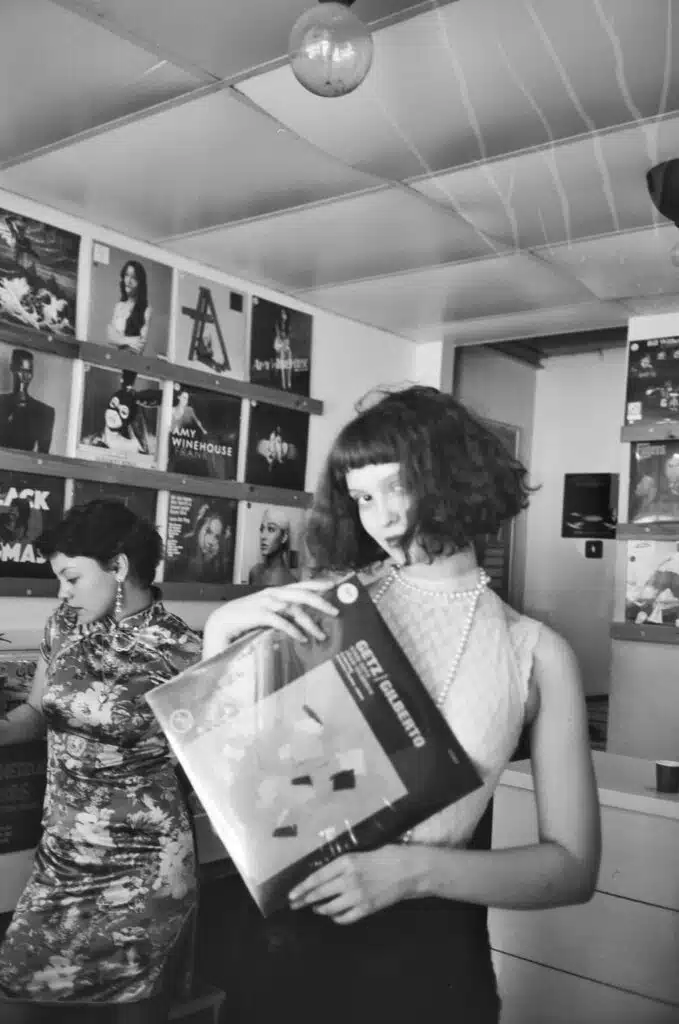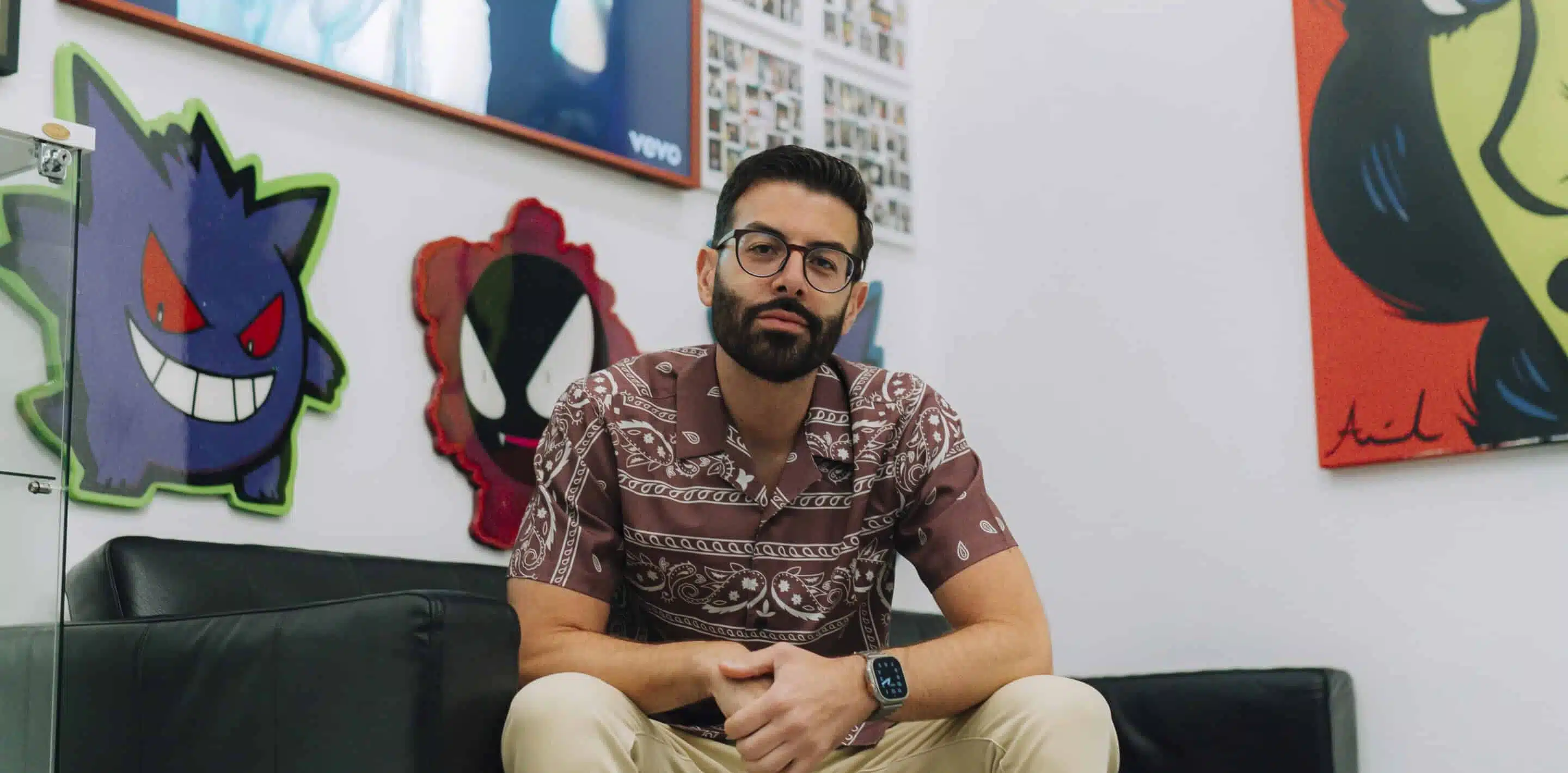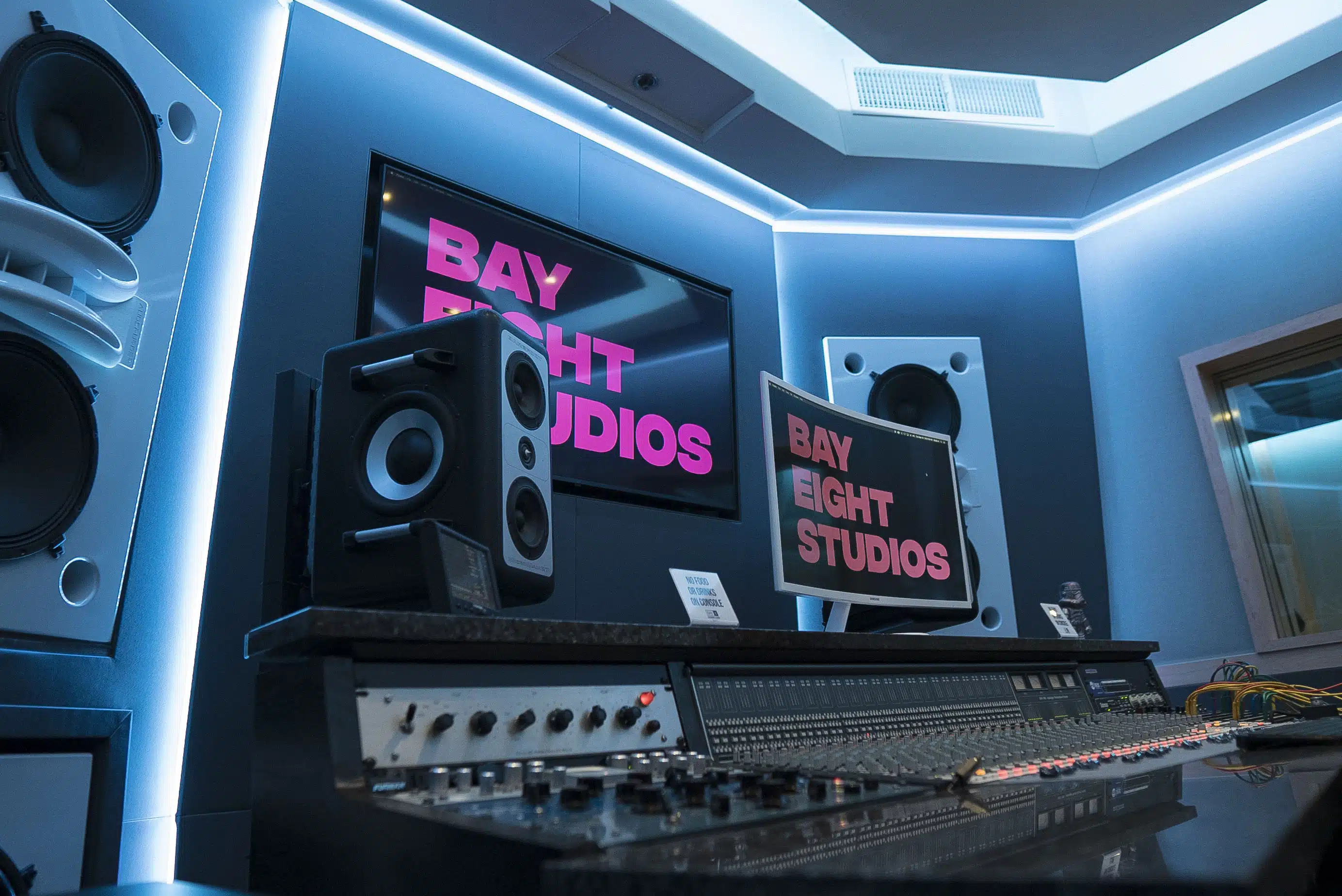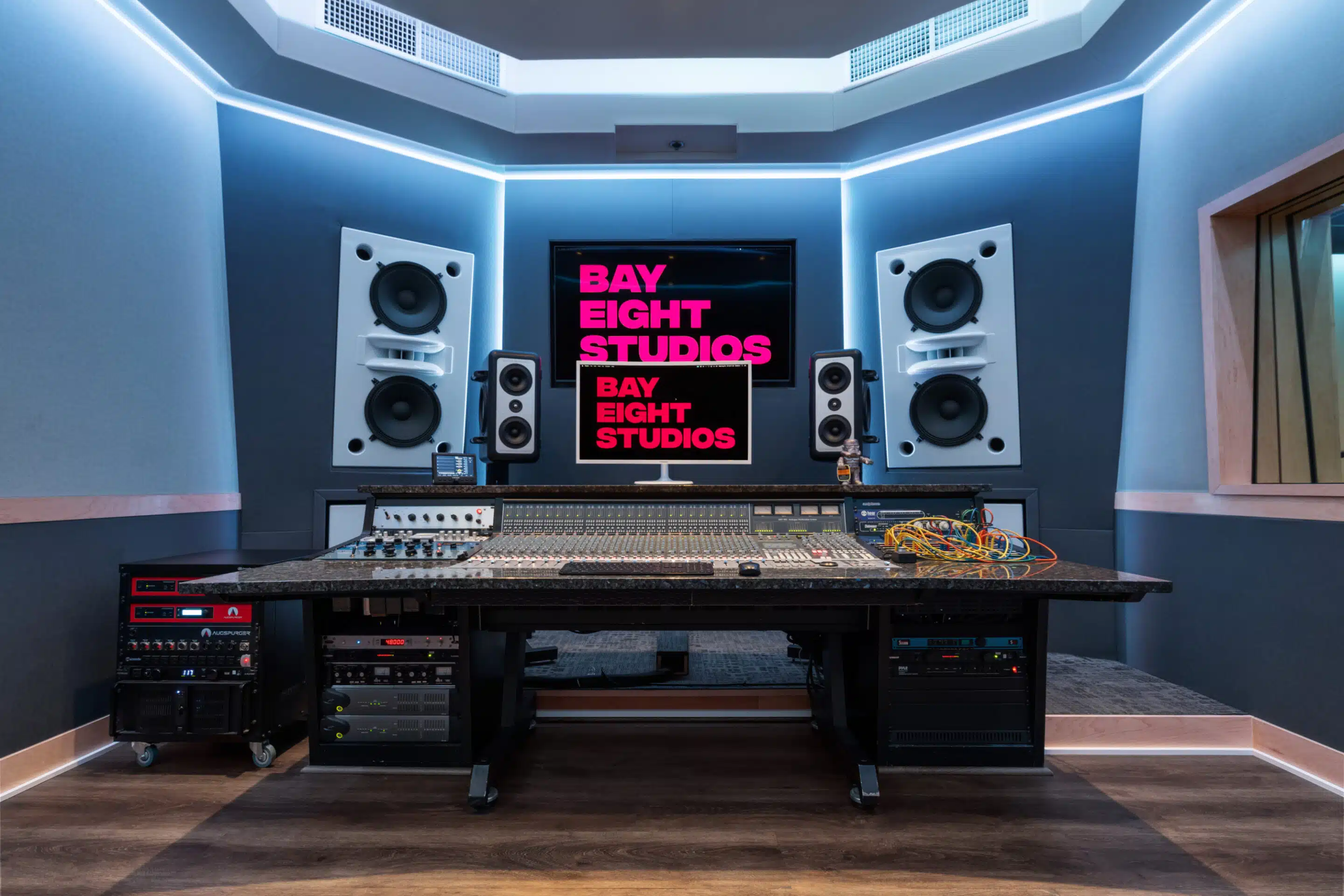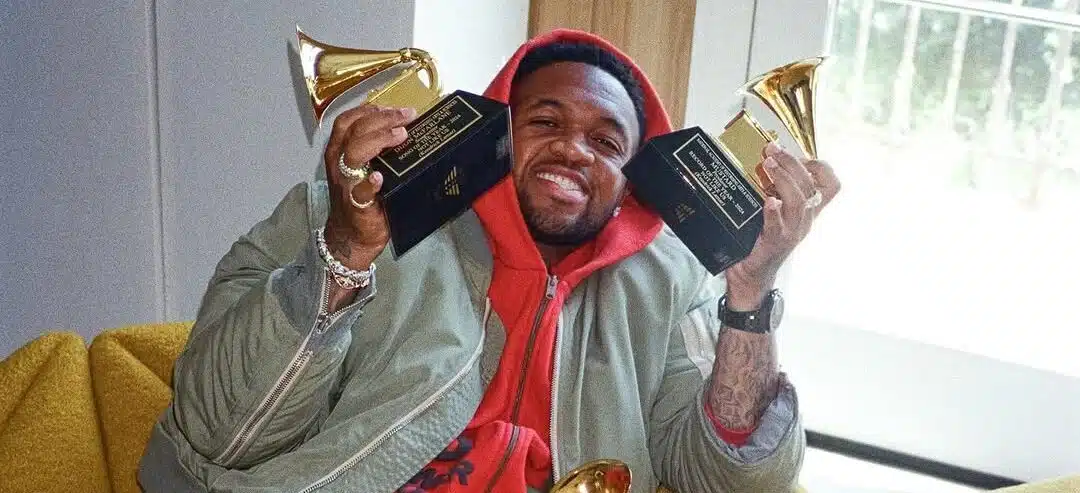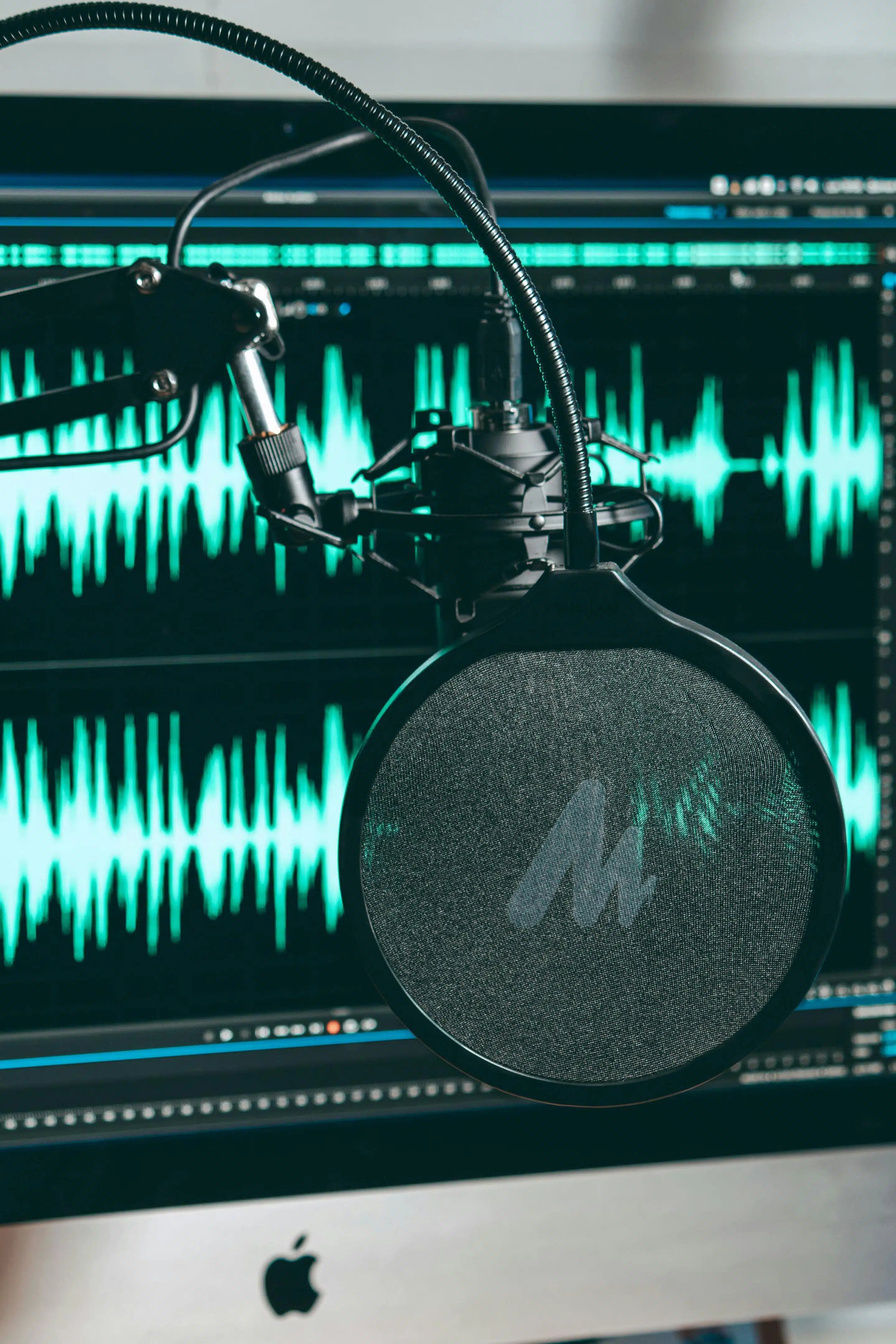Getting a deal with a music publisher is a huge milestone in any artist’s career. However, you’ve probably heard a fair share of horror stories from artists who didn’t quite understand what sort of deals they were getting into. It is an unfortunate fact of the industry that some entities take advantage of artists’ lack of understanding of the business side of things. This is why we feel so strongly about educating indie musicians about the most confusing parts of the industry. So, let’s discuss some of biggest misconceptions about music publishing.
You Have to Give Up Your Copyright Ownership When You Sign A Publishing Deal
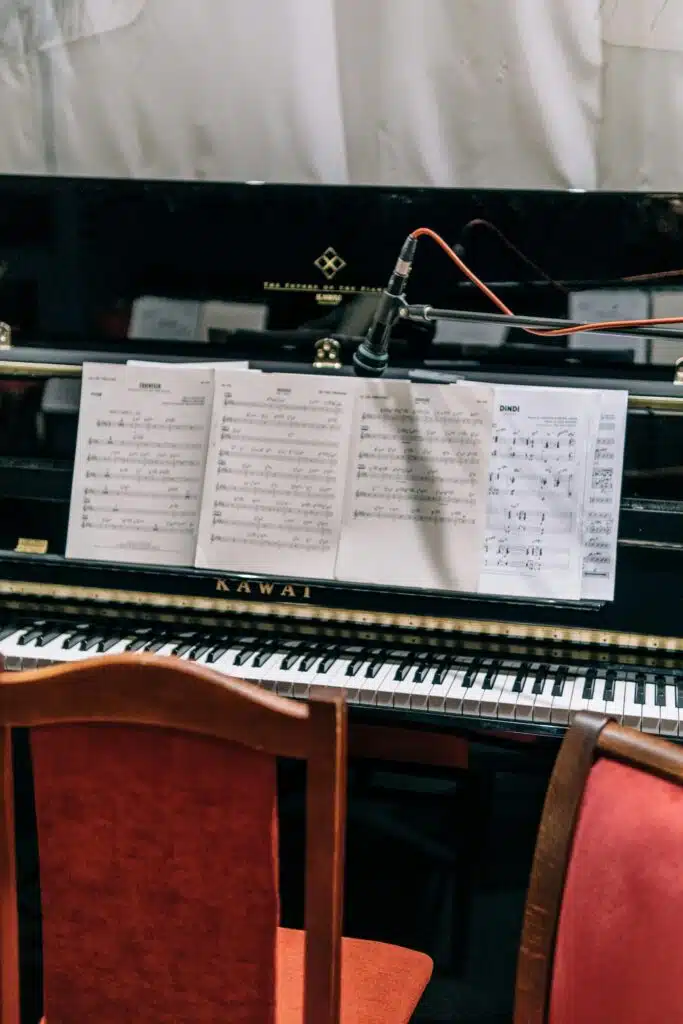
You don’t necessarily have to give up copyright ownership when you sign a publishing deal. It depends on the time of publishing deal you sign. Co-publishing deals are among the most common in today’s industry. In this scenario, the publisher and songwriter co-own the copyright. However, in full publishing or “buyout deals,” the publisher owns 100% of the copyright.
In recent years, a growing number of major artists, from Stevie Nicks to Justin Bieber, have sold their entire catalogues. In this scenario, these artists are essentially selling their copyright ownership either to their publishers or to third parties who will then have the right to collect their royalties. Keep in mind, these artists are doing this in exchange for a $100 million or so upfront. If maintaining copyright ownership is a priority to you, an admin publishing deal is the way to go. For some artists, giving up copyright ownership can be the right way to go, especially if you’re confident you’re being fairly compensated for your catalogue.
I Don’t Need A Music Publisher if I Sign Up With BMI or ASCAP
Performance rights organizations like ASCAP, BMI, and SESAC are not music publishers. These PROs only collect performance royalties. Performance royalties are earned every time your song is “performed” (or broadcasted). Radio station plays, public venues (music venues, bars, restaurants, etc.), and streaming services (under some circumstances) are covered by this type of royalty. However, mechanical royalties can also be an important source of income for songwriters. These are not collected by PROs.
Also, while music publishers have to sign you, you can simply join a performance rights organization by going online. While PROs won’t pitch your songs or get you placements, ASCAP and BMI are free for songwriters. Publishers, however, take a percentage of your royalties as their payment. It’s a great idea to register your songs with PROs even if you aren’t sure whether you want to sign with a music publisher. Just know not to expect the same services.
All Music Publishing Deals Are Predatory
Signing a publishing deal can be the best thing you ever do for your music career, it just depends on your circumstances. Know that you do not have to sign with a music publisher. By default, every artist is their own publisher. You can chose to sign that right over to a publisher, and there are pros and cons to doing this. You can register your songs directly to performance rights organizations if you prefer being your own publisher.
One of the main reasons artists sign with major music publishers is because they have connections you likely don’t. Majors music publishers like Universal Music Publishing Group can, for example, pitch your song to the music supervisor for the next major Marvel movie. Major publishes also pay advances. Publishing deals can earn you a lot of money by opening doors that would have been difficult to open on your own. However, there is a hefty price that you have to pay for this.
Working with indie publishers can be an “in-between” option that offers you the best of both worlds. While you can take care of your own publishing, it’s up to you do decide if you want to deal with the process of registration, issuing licenses, and pitching your songs. You may prefer to delegate this role so you can focus on the music. Keep in mind that the more producers, songwriters, and band members you work with, the more complicated the process of royalty collection and payment can be. Additionally, if you make music under your own name but also work as a songwriter for other artists, you can easily lose track of the money you’re owed. A music publishing deal can be a great option. As long as you make an informed decision about the publisher you’re signing onto and you understand the details of your contract.
Music Publishers Are the Same As Record Labels
Not all performing artists are songwriters, and not all songwriters are performing artists. Some artists are both. In this case, record labels manage their artist work and publishing companies manage their songwriting work. The truth is, there are a lot of similarities between music publishers and record labels. The fact that many major labels also have a publishing arm only adds to the confusion. Essentially, the difference is that publishers control and “exploit” compositions while record labels control and exploit master recordings.
Record labels aim to create a packaged product. They are invested in crafting an image, building a fanbase, etc. Marketing is a big part of their role. Publishers promote their songwriters within the industry (music supervisors, artists that may be interested in recording their songs, etc.). However, they aren’t focused on promoting their artists to the general public, as this isn’t how they make money. Music publishers also don’t deal with the distribution of music releases. While music publishers can help grow your career, they are not a replacement for a record label.
You Can’t Get Sync Opportunities If You Don’t Have A Music Publishing Deal
While music publishing companies can help get you more sync opportunities than you’d get on your own, there are other options. We started BE Music, a sister company to Bay Eight Recording Studios, to focus specifically on making sync opportunities more accessible to indie artists. Sync licensing can be very lucrative for songwriters. Also, these placements tend to come with a great deal of exposure.
We understand some artists have reservations about signing a publishing deal, so we created this best-of-both worlds option for indie artists that want to expand their reach (and earn more) without giving up copyright ownership. At BE Music, we maintain a personal relationship with all of our clients, which we feel is essential to keeping our company artist-friendly. We offer our artists nonexclusive agreements, complete retention of rights, and the ability to terminate at anytime. Whoever you choose to manage your catalogue, know that you’re much more likely to find a team that has your best interest at heart if they know you personally. This is why we’re so passionate about maintaining our indie ethos!
Summary
The music business’ ever-changing nature can make it difficult to understand the rules. The music publishing world has changed quite a bit in the past few decades and continues to do so. Still, while many artists these days have a healthy suspicion of major music corporations, there are still many ways to make the industry work for you.

